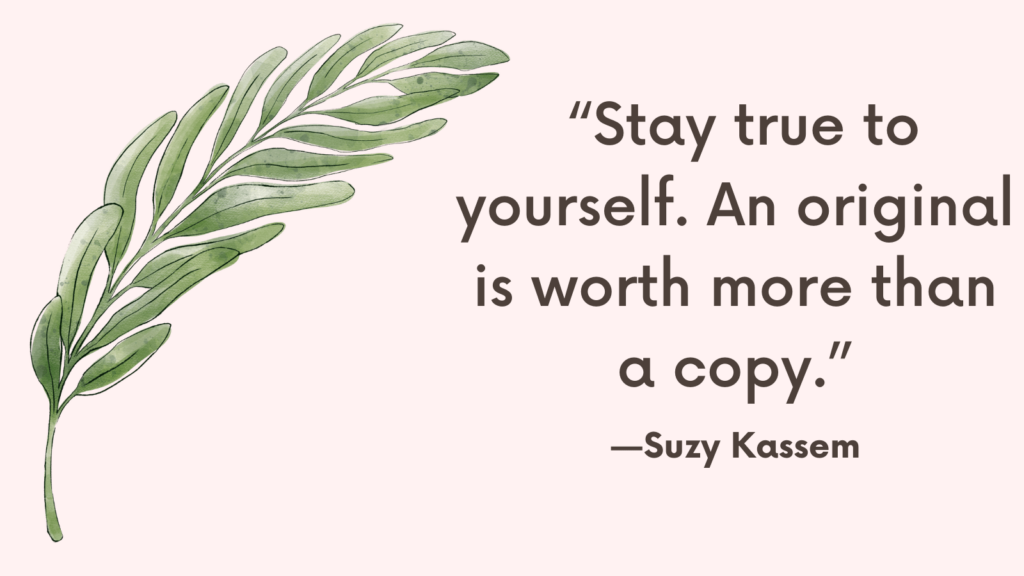Decision fatigue can be mentally exhausting, leading to stress, indecision, and lower productivity.
By simplifying your day and reducing the number of decisions you need to make, you can conserve energy and stay focused on what truly matters.
Here are some practical strategies to help you manage decision fatigue and make your day feel lighter.
What Is Decision Fatigue?
Decision fatigue is a psychological state where your ability to make good decisions declines after a long session of decision-making. It’s the brain’s version of burnout.
You’re not lazy. You’re depleted.
What Causes Decision Fatigue?
Mental Clutter
Too many open tabs in your mind — from work to home life to social obligations — means your brain never gets to reset.
Perfectionism
When every decision feels high-stakes, even simple choices like picking lunch become emotionally exhausting.
Lack of Routines
Without habits or structure, every day starts from scratch — creating dozens of avoidable decisions.
People-Pleasing
When you’re constantly adjusting to others’ preferences, even small choices feel loaded.
Signs You’re Experiencing Decision Fatigue
- You feel overwhelmed by simple tasks
- You put off decisions until the last possible moment
- You impulsively say yes or no just to get it over with
- You feel mentally foggy or emotionally flat
- You constantly second-guess your choices
- You avoid things you actually care about
- You feel guilty no matter what you choose
These are not character flaws — they’re signs your mental energy is running low.
How to Manage Decision Fatigue and Simplify Your Day?
1. Establish a Morning Routine with Pre-Set Choices
Starting your day with routine choices reduces the number of decisions you need to make in the morning, saving mental energy for the rest of the day.
How to Practice: Create a consistent morning routine for tasks like what you’ll eat, wear, or do after waking up. For example, set a specific breakfast and a few “go-to” outfits for weekdays. This predictable routine makes mornings easier and sets a positive tone for the day.
Related: Am I Indecisive Quiz (& How To Overcome Indecisiveness & FOBO In 8 Powerful Steps)
2. Prioritize Decision-Making Early in the Day
Complex decisions are best made when you have the most mental clarity, which is typically earlier in the day. Tackle high-priority decisions first to prevent fatigue.
How to Practice: Identify your most important decisions or tasks, and tackle them first thing in the morning. This way, you’re making these decisions with a fresh mind and can spend the rest of the day on simpler or routine tasks.
3. Use the “Rule of Three” to Focus Your Day
Limiting yourself to three key priorities each day helps prevent overwhelm and ensures you’re dedicating time to what truly matters.
How to Practice: At the start of each day, write down three primary tasks or goals. Focus on completing these before adding anything new. This approach helps you avoid overcommitting and increases your sense of accomplishment.
4. Pre-Plan Meals and Outfits
Daily decisions about meals and outfits can contribute to decision fatigue. Pre-planning these areas allows you to reduce stress and move through the day smoothly.
How to Practice: Choose your outfits for the week and meal prep in advance, so you don’t have to make these decisions each day. Simple meal planning, like prepping breakfasts or lunches ahead, can save time and keep you energized.
Related: The Process Of Turning Inward In 6 Simple Steps (Turn FOMO Into JOMO)
5. Limit Choices for Routine Decisions
Fewer choices mean fewer decisions. Simplifying options for everyday decisions, like what to wear or which coffee to order, can prevent unnecessary mental strain.
How to Practice: Simplify choices by having a “capsule” wardrobe with versatile pieces or creating a few go-to options for things like meals, coffee orders, or after-work activities. This reduces the need to make new choices each day.
6. Automate Repetitive Tasks
Automating recurring tasks or setting reminders allows you to shift focus from routine decisions to more meaningful ones, freeing up mental space.
How to Practice: Set up automatic bill payments, digital reminders for weekly chores, or calendar alerts for recurring tasks. Automation helps you complete routine tasks with minimal effort, reducing the number of daily decisions.
Related: How to Use Atomic Habits for Mental Health?
7. Batch Similar Tasks Together
Grouping similar tasks (like errands, emails, or work projects) minimizes the need to switch between tasks, which can be mentally taxing.
How to Practice: Designate specific times in the day for similar tasks, like responding to emails, running errands, or brainstorming. This approach keeps you focused on one type of decision-making at a time, reducing cognitive load.
8. Set Clear Boundaries and Say “No” to Unnecessary Decisions
Decision fatigue often arises from saying “yes” too often. Setting boundaries helps you focus on your priorities and reduces the pressure to make frequent decisions.
How to Practice: Learn to say “no” to requests that aren’t aligned with your priorities. This could include skipping low-priority meetings or declining last-minute invites. By protecting your time, you’re able to focus on what matters most.
Related: Best 50 Affirmations For Procrastination
9. Follow a Daily Routine for Simplified Decision-Making
Creating a predictable daily routine reduces the number of decisions you need to make, helping to conserve mental energy throughout the day.
How to Practice: Set routines for different parts of the day, like work time, exercise, and relaxation. Knowing when and where you’ll do things reduces decision fatigue by letting you focus on the task rather than deciding when to do it.
Related: Best 15 Books On How To Stop Procrastinating
10. Use Decision-Making Tools for Complex Choices
For more challenging decisions, tools like pros and cons lists or decision matrices can help you clarify your options and reduce mental strain.
How to Practice: When faced with a tough choice, write down the pros and cons or list out your top options and rate each one on specific criteria. These tools bring structure to the decision-making process, helping you feel more confident and less overwhelmed.
Related: Are You a Procrastinator Quiz? (+ Best 40 Tips To Stop Putting Things Off)
11. Practice Self-Care to Recharge
When you’re feeling refreshed, decisions feel easier to make. Regular self-care habits can help you recharge, giving you the energy to make better choices and avoid burnout.
How to Practice: Incorporate regular breaks, exercise, and relaxation into your day to keep stress levels down. Taking care of yourself boosts resilience and mental clarity, making it easier to navigate daily decisions.

Conclusion
By simplifying your choices, establishing routines, and limiting decision-making, you can reduce decision fatigue and enjoy a more focused, less stressful day.
With these strategies, you’ll be able to conserve your mental energy for the things that matter most.



